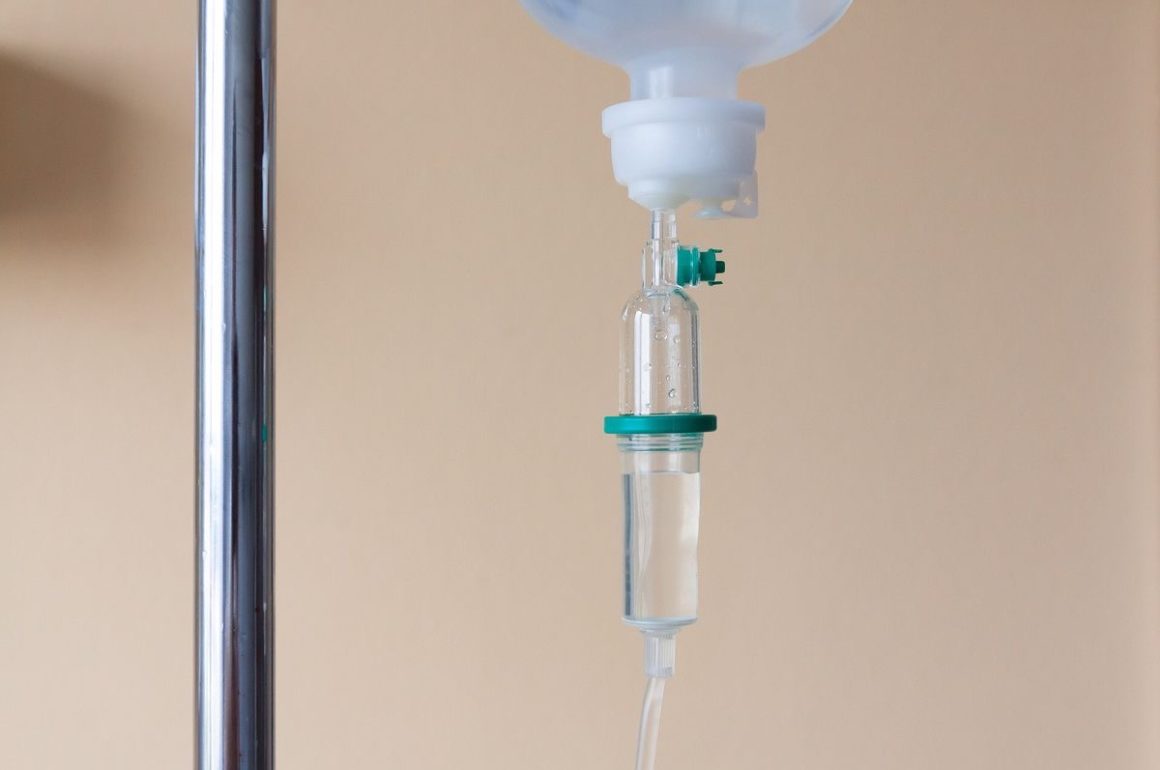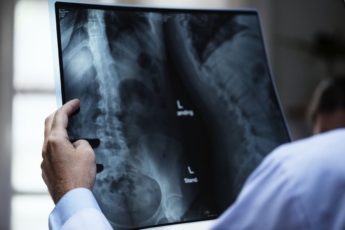
READING TIME: 2 MIN
Last week, I described taking Gabriella for her first visit to the geneticist’s office, only to discover that she was dehydrated, and how we rushed from the geneticist to the pediatrician to the hospital. Now we waited with her in the Pediatrics Intensive Care Unit, or PICU.
We had decided we wanted our daughter to breast-feed. But none of us dreamed that her hypertonic condition – extreme muscle weakness – affected not only her arms and legs but those in her throat as well. Her inability to suck prevented her from nursing effectively, despite her ability to express a lickful of milk and nip at the breast for the better part of an hour.
With patience and care, Lisa pumped breast-milk and we bottle-nursed her back to health. After a couple days, we moved upstairs from the PICU to the Pediatric Loft and stayed for a week. One nurse tried to help breast-feed her with an elaborate network of tubes, but in the end resorted to a latex glove to try to pry Gabriella’s mouth up despite clenching her lips tight. Another nurse had us in hysterics saying “I don’t want that glooooove – get away from me with that gloooove!”
We spent that week in the Loft, sleeping on cots with mattresses like corrugated cardboard and happy to have the access. I drove home each morning at five to shower and dress and pick up whatever Lisa needed for the day, hustled back and brought her breakfast. Then I locked my heart in my briefcase and walked to the train station.
It’s amazing how we adapt to disruption. Soon I was waking up before the alarm sounded on my PDA. I did the drives on auto-pilot. I knew the layout of the hospital and the hours of the cafeteria and the gift shop like any employee, not to mention the locations of a half-dozen nearby take-out places.
I also learned that people would be highly respectful, almost awestruck by our situation. Colleagues asked for updates the first day or two, then backed off to give us privacy. I appreciated their interest, but I longed for normalcy.
At last, she gained enough weight that the danger had passed (at least this danger). We came home with a strange sense of triumph, as well as exhaustion.
We settled into a new routine. We defrosted one-ounce bottles and recorded Gabriella’s intake to the tenth of an ounce. We kept records, too, of wet diapers. Our pediatrician loaned us an old-fashioned scale, an iron monster with a rusty underside that turned the lower pocket of my green parka a sallow orange just carrying it in from the car, but we were thrilled to have it, to not have to drive obsessively to his office to keep weighing her. This allowed us to weigh her daily (twice a day at the beginning), to make sure she hadn’t dropped even a fraction of a pound.
It was no way to live, but that too became normal in the bizarre cycle of our new lives.
So many of us had prayed for her life, but Gabriella is as tough as any adult – tougher, as we would learn in the months to come – and I’ve always believed it was her own strength that saved her life.








Leave a Comment